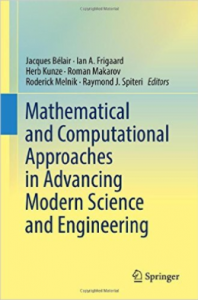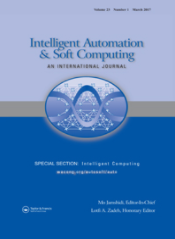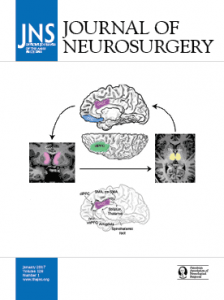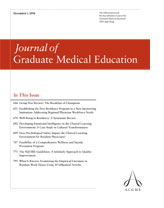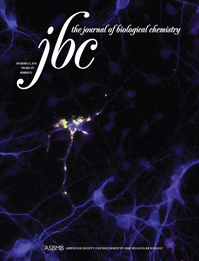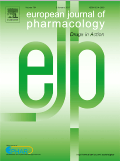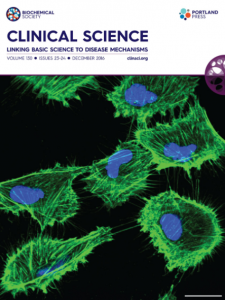 A journal has retracted a 2011 study at the request of Columbia University.
A journal has retracted a 2011 study at the request of Columbia University.
According to Jeanine D’Armiento, the study’s last author, the newly retracted paper in Clinical Science contained a figure from a Journal of Hypertension paper published by the same authors earlier that year.
First and corresponding author Joseph George told Retraction Watch the error was unintentional. A Columbia spokesperson sent us this statement: Continue reading Columbia University probe prompts retraction of cardiovascular paper
